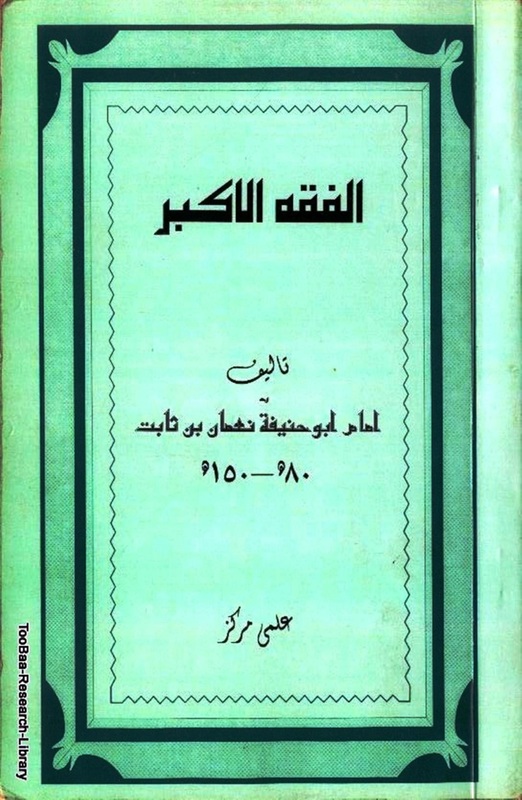Al Fiqh Al Islami Wa Adillatuhu English Pdf
Kitab Fiqhul Islam Wa Adillatuhu ini berisi pembahasan tentang fiqh syariah yang diperkuat dengan dalil-dalil syar'i seperti Al-Qur'an, Hadist dan beragam sumber pengambilan hukum lainnya seperti Qiyas, Ijma' dll. Yang istimewa dari kitab ini adalah, juga mencantumkan logika-lojgika konseptual yang utuh dan komprehensif serta sangat aktual.

A BRIEF CONCEPTUAL OUTLINE by Dr. Adi Setia Introduction The Islamic Gift Economy (IGE; al-Iqtisad al-Infaqi or al-Iqtisad al-Ihsani) can be envisioned as an integrative economic system based on the operative principles of cooperation ( ta‘awun), (2) mutual consent ( ‘an taradin/muradatin) (3) and partnership ( musharakah), and these are in turn founded on the principal ethical precepts of rahmah (mercy), gratitude ( shukr), generosity ( karam/ihsan), moderation ( tawazun/ ‘iffa), khilafah (trusteeship) and amanah (integrity). These operative precepts are grounded in the foundational psycho-cosmological outlook expressed in the belief that (i) the natural and cultural (4) resources of the world are abundant, (5) while (ii) the material needs, wants and desires of human beings are in fact limited (6) and should be limited. (7) Allah Most High is beautiful and loves beauty The natural and cultural resources of the world seen as blessings and bounties ( fadl) from the Merciful Creator ( ni‘am/ala’ al-Khaliq) are abundant and even unlimited in principle because wa in ta‘uddu ni‘mataLlahi la tuhsuha: “if you count the bounty of Allah you will not exhaust it” ( Ibrahim: 34). (8) Viewed in the light of belief ( iman), these resources are gifts and favors ( ala’) from the realm of transcendence to which the human ethico-cognitive response is gratitude ( shukr), which in turn results in contentment and fulfillment ( qana‘ah). Hence humankind will take according to his need but not his greed, for because of abundance and plenitude there is no anxiety over scarcity that feeds greed ( tama‘) and accumulation (takathur/jam‘ al-mal wa ta‘diduhu). (9) Moreover, shukr itself becomes an existential and psychological state of being that is itself generative of abundance ( ziyadah) both material and spiritual, for la in shakartum la’azidannakum = “verily, if you give thanks, I will indeed give you more” ( Ibrahim: 7).
Caravelli diskografiya s torrenta 1. Thus by definition, Islamic economics is an economics of abundance, (10) and never an economics of scarcity.